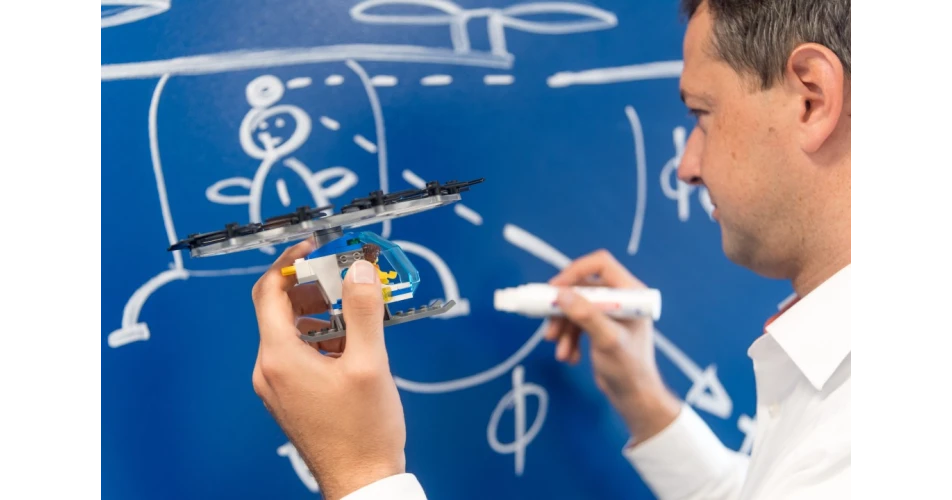As well as being a leading aftermarket parts and equipment supplier, Bosch is also a technology company at the cutting edge of mobility development. One of its current development projects is in state-of-the-art sensor technology to make to make flight in a new generation of urban air taxis safe, comfortable, and convenient.
The Boston Consulting Group predicts that people around the world will take 1 billion flights in air taxis in 2030, with most operating without a pilot. Harald Kröger, president of the Bosch Automotive Electronics division says, “The first flying taxis are set to take off in major cities starting in 2023, at the latest. Bosch plans to play a leading role in shaping this future market.”
The Bosch Automotive Electronics has found that conventional aerospace technology is too expensive, bulky, and heavy to be used in autonomous flying taxis. However, modern sensors that are also used for automated driving or in the ESP anti-skid system could have the potential to bridge this gap. That is why a team of engineers has combined dozens of sensors to create a universal control unit for flying taxis. They provide all the technology required and are a cost effective option because the company uses production-tested sensors that Bosch has already been developed and manufactured for the automotive industry for many years.
“Through our Bosch solution, we aim to make civil aviation with flying taxis affordable for a wide range of providers,” says Marcus Parentis, the head of the technology team at Bosch in charge of the control units behind the electric light aircraft. “What is more, the Bosch sensors are especially small and lightweight. Flying taxi manufacturers can easily install the Bosch sensor box into their air vehicles using the plug-and-play principle.”
Test flights for flying taxis are scheduled to begin in cities such as Dubai, Los Angeles, Dallas, and Singapore in 2020. Experts expect commercial operations to begin in 2023. Although pilots will probably be on board at first, experts believe the light aircraft could start flying autonomously in 2025. Bosch’s Marcus Parentis is a firm believer in the growing market opportunities. He says, “The question isn’t whether flying taxis will become reality, but when.”
